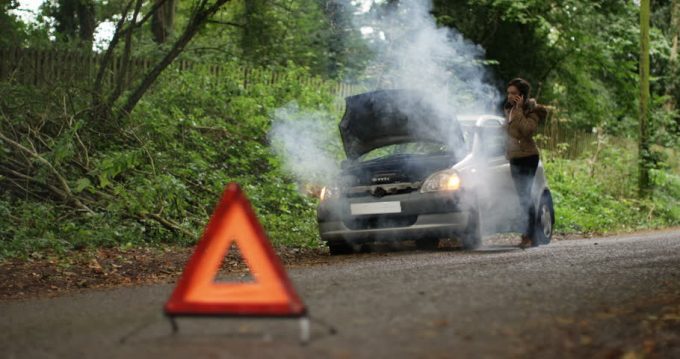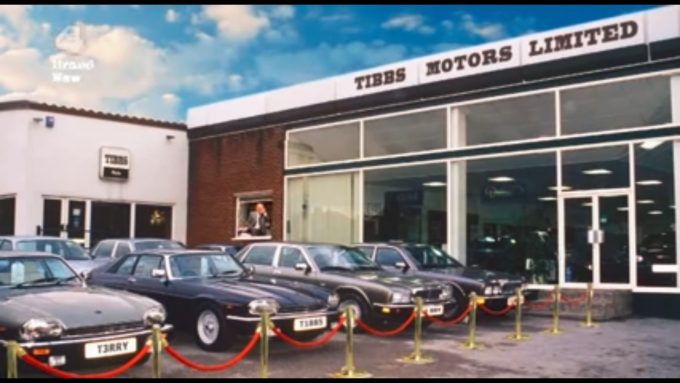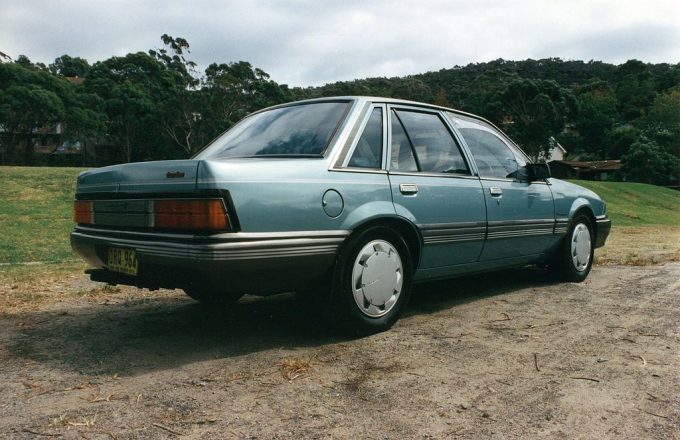If buying a new car is a potential headache, then getting a used car is a potential migraine. With a used car, you’re inheriting the previous owner’s care or neglect exercised towards the car, and if proper maintenance wasn’t undertaken in known problem areas, can snowball into a nightmare- so it always helps to seek out used car tips.
Whether you’re looking at a dealer, online or on the side of the road, we’ve compiled a list of things you can do to best insulate yourself against this awful situation, and while there are never any guarantees with a used car, preparation drastically reduces the chance of getting rorted, stranded or injured as a result of a dodgy used car.
Fluids, leaks
It goes without saying that a thorough inspection, such as one outsourced to a professional (see below) is a must before taking the plunge on an older car. A preliminary once-over the engine bay, underneath for rust and wear-and-tear gives you an idea of issues that might arise down the track. In particular, watch for an engine which leaks oil or coolant or any issues that might prevent the car from passing its annual inspection. Foam in the oil or coolant reservoir could indicate a catastrophic head gasket failure.
How it drives
It is always best to conduct a test drive when the car is not warmed up, from cold. This is when nasty sounds or habits might rear their ugly head. If it’s an automatic, shift from reverse to drive a few times to detect thumps, and listen out for them on the open road.
Reasearch for common problems
A wealth of customer experiences with vendors and individuals is available online through a Google search. Positive and negative experiences appear on forums such as Whirlpool as well as social media sites affiliated with a particular company.
When buying from a dealership:
Buying from a dealership can give you peace of mind as most of them want to maintain a good reputation and thus won’t stock dodgy cars. Most is the operative word, though. Don’t be caught off guard by pushy sales tactics and pressured into signing something you’re unsure about. Salespeople are encouraged to get you to sign the contract when the emotional desire to buy a car overrules any rational or financial concern, so take time to think it over.
Logbooks
Logbooks are a great way of keeping record and checking that a car has been properly looked after, avoiding any potential nightmares after purchase. Be aware, however, that some dealerships will stamp the logbooks for previous services which haven’t been carried out.
Get a mechanic inspection
A third-party inspection, such as that offered by NRMA, RACV, RACQ, for example, can give you the best indication of a car’s true condition, for a small fee. You can get a comprehensive analysis of how reliable your car is and what needs to be done.
As mentioned before, check your car’s estimated market value using resources such as redbook.com.au and Carhistory.com.au can determine if the mileage is legitimate- but be warned if there is no service records of your car it could be a waste of money. If you believe finance might be owing on the vehicle, a REVS check can determine this for you.
Rubbery figures
Beware of gimmicks, such as some well-known used car franchises which promise a high trade-in price, but this is usually offset by inflating the price of the car you’re purchasing. Check market values on a website such as Redbook.com.au against what the vendor is asking. Are you paying extra so the dealership can have a kid’s playground or wacky waving arm inflatable flailing tube man?
Factor in some money for servicing
If you’re buying a used car privately, it’s always a good idea to give the car a thorough service thereafter. Is the timing belt due? This is a major service item that usually requires changing between 120,000km and 160,000km and in some cars (interference), a snapped timing belt can mean catastrophic engine failure.
When replacing items such as leaky hoses or radiator, it might be a good idea to replace every item in the cooling system, as replacing just one item could trigger a chain reaction that causes other weak items to fail.
How to negotiate
If you have a price in mind, be sure to stick to it. With a dealership, persistence pays off and although they hate it, don’t be afraid to call their competitors to see if they can match it before you sign the dotted line.
With a used car, suggest a price which is below what you want to pay, so that there is room to meet in the middle and arrive at your desired price. Bear in mind that the seller’s financial situation might not permit them to meet your price and it is their prerogative at the end of the day.
Keep on top of maintenance
If you want your used car to last, then it’s very important to keep oil changes, brake pads or shoes, belts, fluids and more up to date in accordance with manufacturer recommendations. Some vehicles have a shorter shelf life than others so bear that in mind for overall costs.
If you are looking to buy a new car and you live in Australia, we can help. Our dealer network and bulk-buying power can save you $1000s. And better still, you don’t have to haggle with salespeople – we’ll do it for you. Head over to our car buying page for a free, no-obligation quote!




